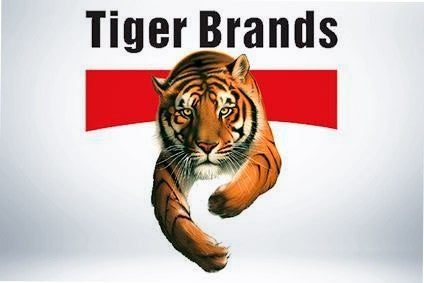
Offers from two suitors have been tabled for different parts of the “value-added” meat business put on the block by Tiger Brands, the South Africa-based consumer-goods group.
The company said in November the receipt of “several indicative offers” for the division had led it to decide to start a formal due-diligence process. Last month, Tiger revealed it had received offers from “a consortium for the acquisition of the value-added meat products business on a going concern basis, including the Polokwane, Olifantsfontein and Germiston operations”.

Discover B2B Marketing That Performs
Combine business intelligence and editorial excellence to reach engaged professionals across 36 leading media platforms.
The group’s value-added meat business has three factories: one in Polokwane in the northern province of Limpopo and two further south in Gauteng, located in Germiston and Olifantsfontein. Tiger’s meat brands include Enterprise, Renown and Bokkie.
Yesterday (25 May), alongside the publication of Tiger Brands’ half-year financial results, the company disclosed it had “received offers from two parties for the acquisition of separate parts of the business as going concerns”.
The fate of the bids is linked, Tiger said. “Each of the two agreements is subject to an inter-conditionality clause, such that each agreement is subject to the other becoming unconditional in all respects.”
The company, which has yet to disclose the identity of the suitors, added “a number of the key terms and conditions remain to be negotiated”.

US Tariffs are shifting - will you react or anticipate?
Don’t let policy changes catch you off guard. Stay proactive with real-time data and expert analysis.
By GlobalDataInterest in the assets was sparked by Tiger’s decision at the start of its 2019 financial year to review the future of the assets. In 2017, Tiger had earmarked the division for review but a 2018 listeriosis outbreak, traced back to the division’s production, put that process on hold.
In the first half of Tiger’s financial year, six months that ran to 31 March, revenue was up 2% at ZAR15.7bn (US$900.2m), helped by pricing, as volumes fell. Group operating income before IFRS 2 charges, impairments and “abnormal items” decreased by 29% to ZAR1.1bn.
Tiger’s headline earnings per share from continuing operations was down 35% to 501 cents, driven primarily by the lower level of operating income.





